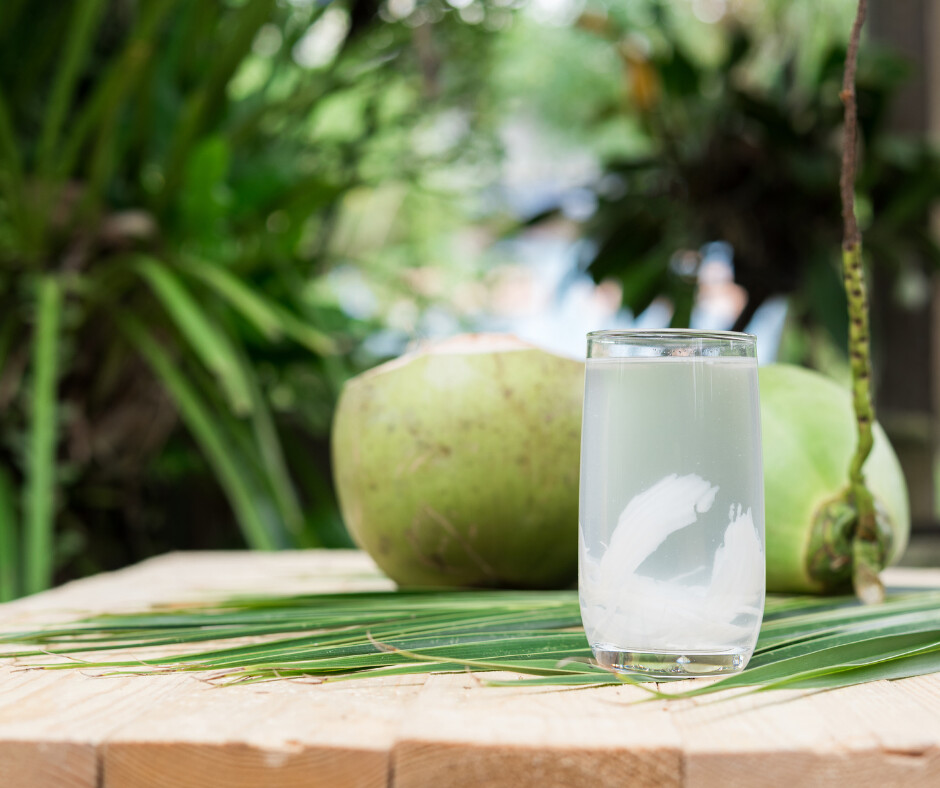
It is important for you to stay hydrated so that your body can function properly. During the warmer months, it is common for people to sweat more and become dehydrated. Dehydration can also occur for other reasons such as a stomach flu or simply not consuming enough liquid. If you become dehydrated, along with loosing too many fluids, you may also loose nutrients known as electrolytes. Your body needs electrolytes for the normal functioning of the brain, nerves, and muscles. Electrolytes conduct electricity and send signals that allow your body to function properly. Electrolyte imbalance can result in negative, and sometimes serious symptoms. Here is what you need to know to keep your electrolytes balanced.
Important Electrolytes
The main electrolytes are calcium, magnesium, chloride, sodium, bicarbonate, and potassium. They each play an important role in your body. Chloride helps you maintain fluid balance and a healthy pH balance. It also helps with digestion. Sodium helps you maintain fluid balance and supports proper nerve signaling, blood pressure, and muscle contractions. Magnesium is involved in over 300 biochemical processes in the body. Calcium helps your body with muscle contractions, muscle movement, cell division, nerve signaling, blood clotting and by forming and maintaining bones and teeth.
Trace Mineral Rich Foods
You can supply your body with the electrolytes it needs by preparing your own meals using foods that are rich in trace minerals. Greens, vegetables, and fruits are rich sources of trace minerals that can reduce your risk of developing an electrolyte imbalance. Processed foods are often lacking in trace minerals and can be dehydrating because of the way they are manufactured.
Natural Salts
Natural salts can help balance the fluid in the tissues of your body and help to prevent electrolyte imbalance. They come from dried water from locations all over the world. Different salts contain different trace minerals, so you may want to consider consuming a variety of different salts. Some of the most well known salts are Himalayan, Celtic and Redmond's. These salts commonly contain over 80 different minerals in trace amounts. Conventional table salt is produced using a chemical process at temperatures of over 1,200 degrees F. It does not contain any of the important trace minerals other than sodium chloride.
Coconut Water
Coconut water contains potassium, amino acids, enzymes, growth factors and minerals. The chemical makeup of coconut water is similar to human blood, which makes it perfect for helping you recover from dehydration or workouts. It is naturally sweet and comes from the juice found inside the 6-7 month old young green fruits of the coconut tree. When you drink coconut water, the electrolytes in it direct water molecules to the parts of your body that need hydration most. Coconut water is low in calories and contains dietary fiber that may help you feel full.
DIY Electrolyte Drink
Another way to make sure you get the electrolytes your body needs is by making your own drink. Here is an example of a simple recipe. Combine the ingredients in a pint mason jar, put the lid on and shake, and you're good to go.
- ½ Tsp of Himalayan, Redmond's or Celtic Salt
- 2 Tsp raw local honey
- 1.5 to 2 cups of water
- Juice from one half of a lemon or lime
Did this help you? If so, I'd greatly appreciate it if you commented and/or share it on social media.

Email: sharonledwards@hotmail.com
Facebook: https://www.facebook.com/sharonledwardsbiz/



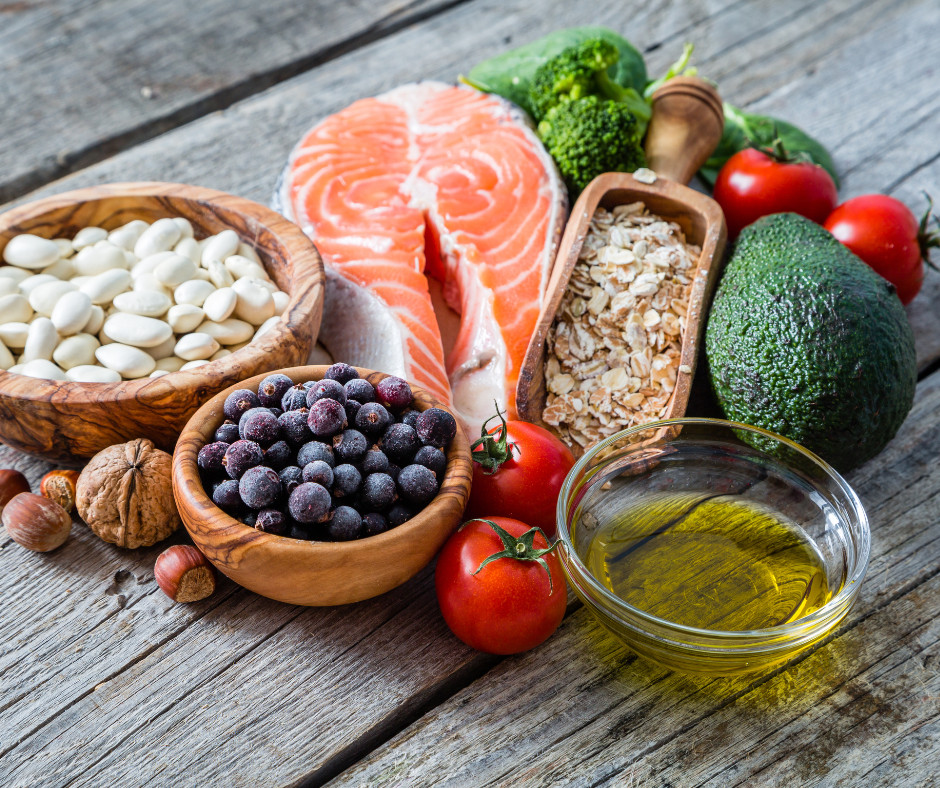


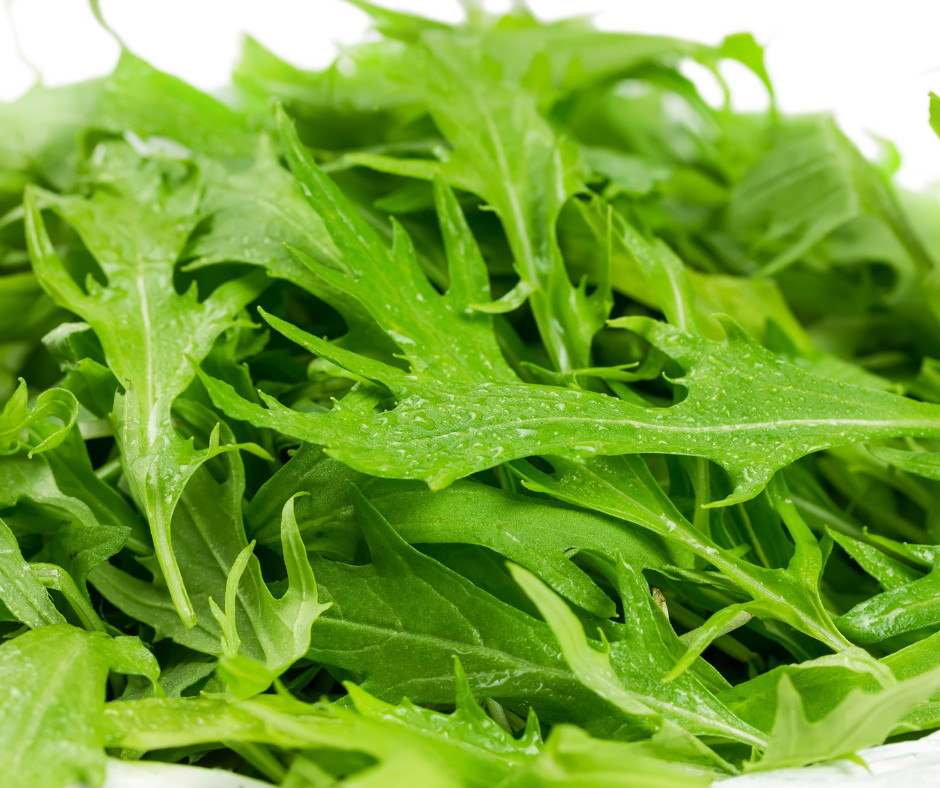

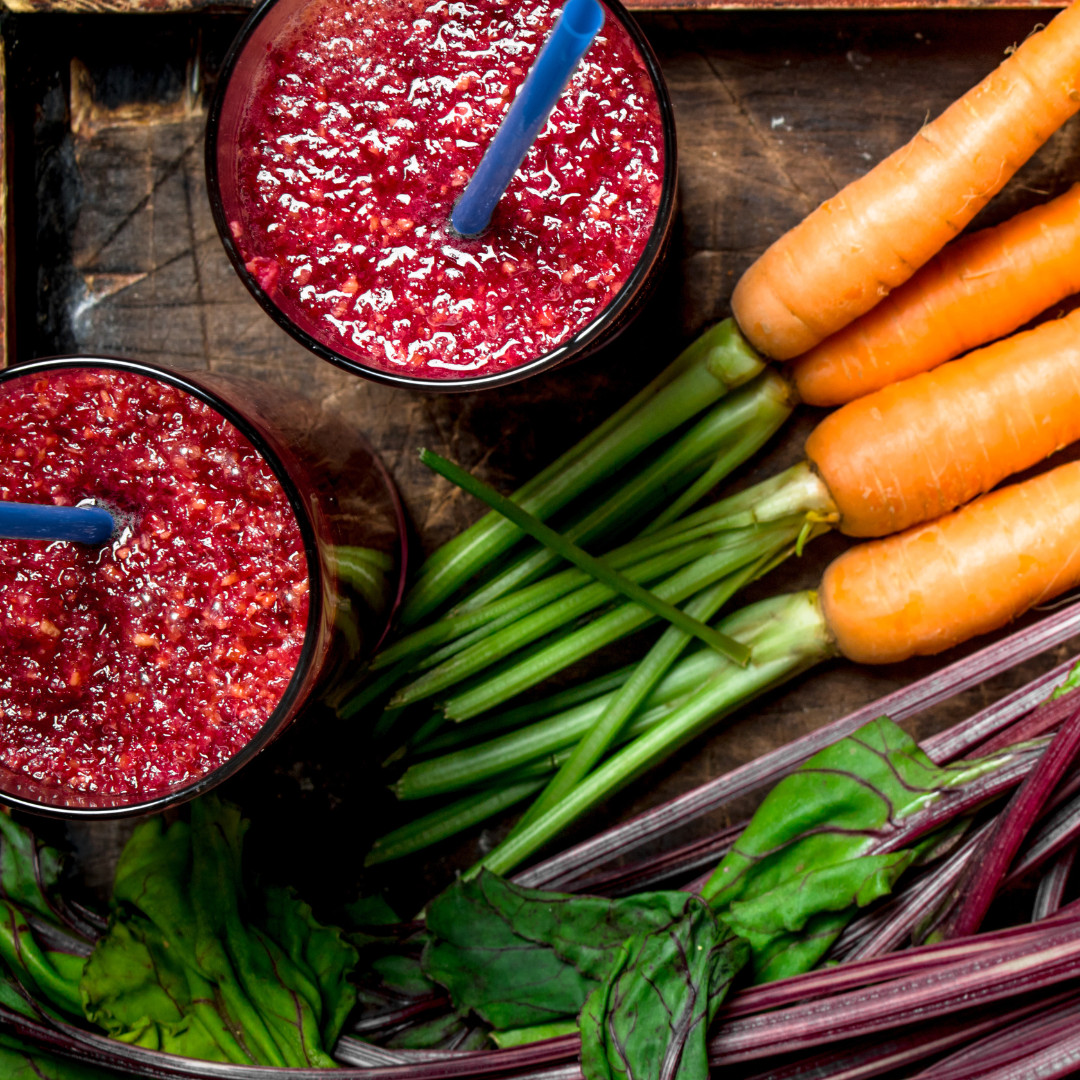
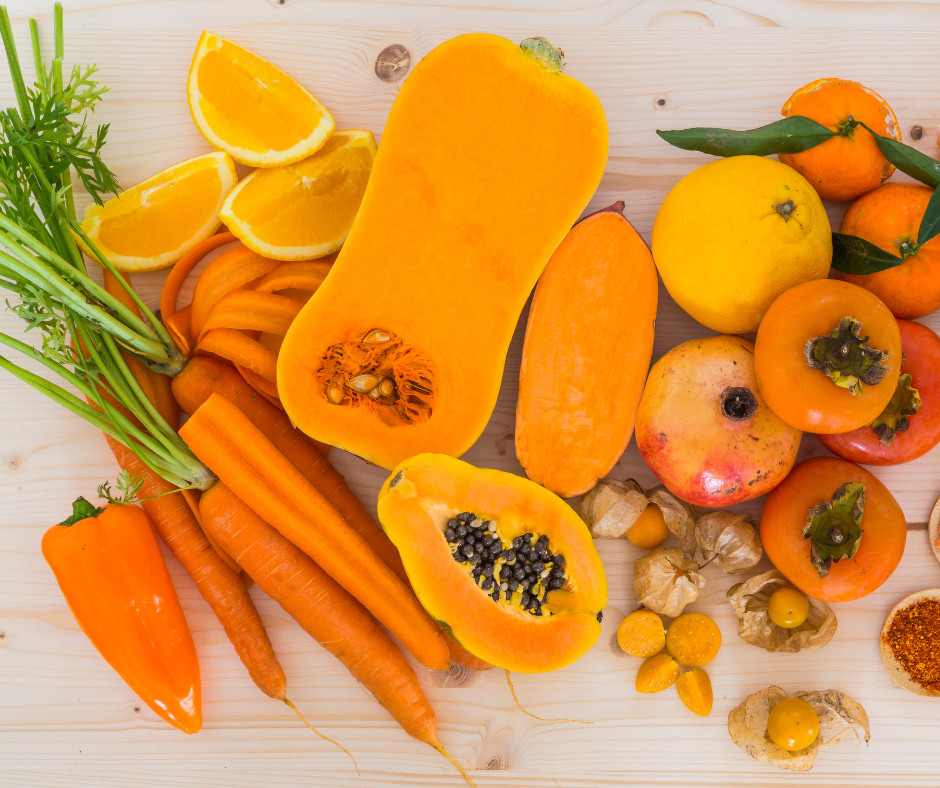
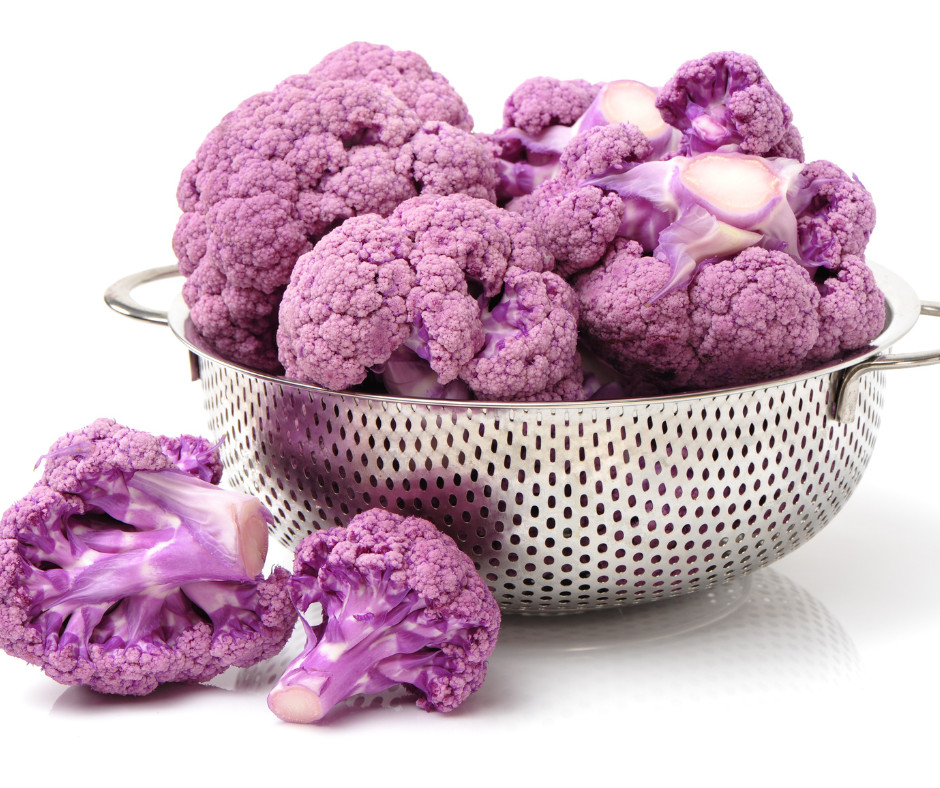
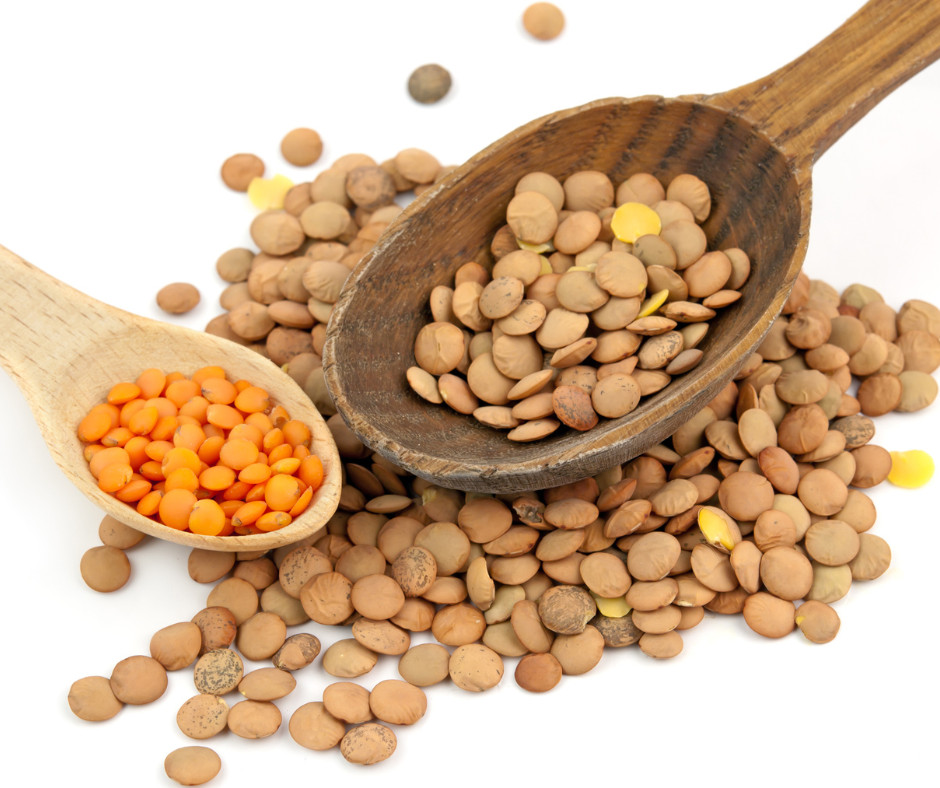
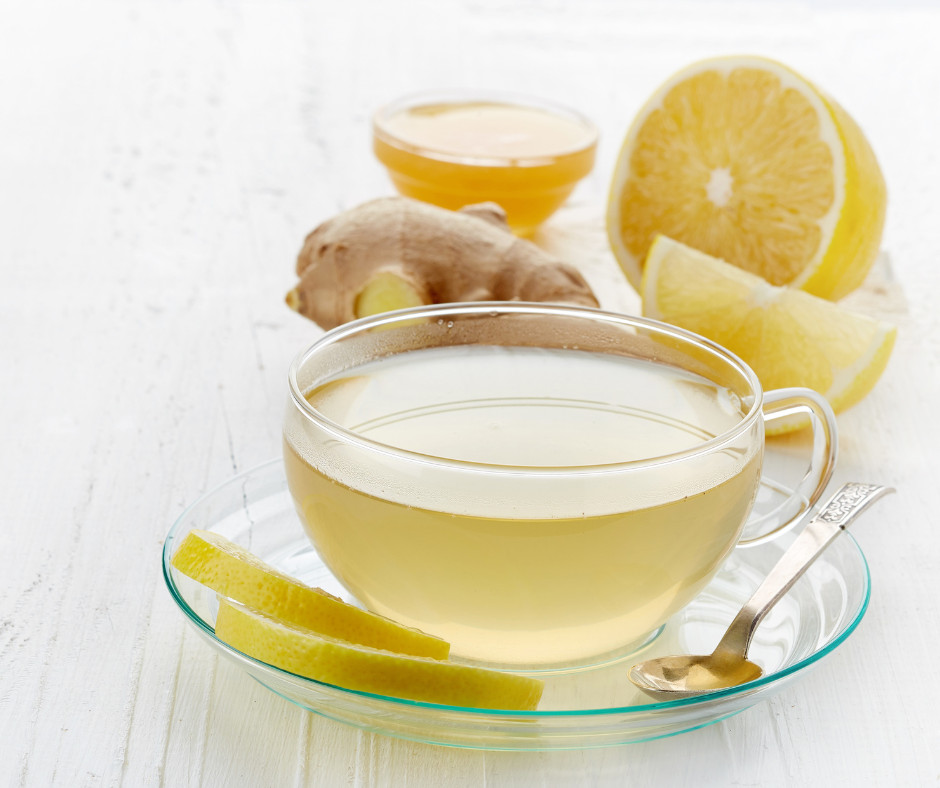





0 Comments